U.S. President Donald Trump has toughened his rhetoric toward Russian President Vladimir Putin following months of diplomatic efforts by British Prime Minister Keir Starmer and French President Emmanuel Macron, Politico reported on May 1, citing unnamed European government sources.
The coordinated effort, led by senior British and French officials, sought to persuade Trump to ease pressure on President Volodymyr Zelensky and focus more criticism on Putin, arguing that Moscow's actions were undermining Trump's credibility as a negotiator.
British National Security Advisor Jonathan Powell and Defense Secretary John Healey reportedly played key roles, working closely with U.S. Ambassador to the U.K. Mark Burnett.
British Foreign Secretary David Lammy said he had spoken 13 times this year with U.S. Secretary of State Marco Rubio, while Starmer and Trump held "almost" as many direct conversations.
A former British ambassador, speaking anonymously, said London and Paris continually emphasized to Trump that Putin was "disrespecting him by consistently breaking the ceasefire he claimed to be implementing."
Putin agreed to a 30-day pause of energy infrastructure strikes during a call with Trump on March 18, allegedly ordering a halt of attacks on Ukraine's energy system.
Ukrainian Foreign Ministry spokesperson Heorhii Tykhyi said on April 16 that Moscow violated the partial ceasefire more than 30 times.
Zelensky reinforced that message during a brief conversation with the U.S. president at Pope Francis' funeral on April 26, Axios reported. During the meeting, Trump reportedly told the Ukrainian president he might need to reconsider his approach to Putin.
Trump, who has positioned himself as a broker of a swift peace deal between Ukraine and Russia, has so far avoided condemning Russian strikes or introducing new punitive measures.
On April 24, after Russia launched 215 missiles and drones across Ukraine — killing at least 12 civilians and injuring 87 in Kyiv — Trump labeled the attack "not necessary" and "very bad timing," directly appealing to Putin with: "Vladimir, Stop!"
However, he did not outline any consequences.
U.S. officials have intensified efforts to secure a ceasefire, warning they may withdraw from mediation if no progress is made soon.
Ukraine accepted a 30-day ceasefire proposed by Washington in March, but Moscow continues to reject the plan, pressing forward with offensive operations.
European officials are now watching closely to see whether Trump's harder line on Putin will hold or fade as his impatience to finalize a deal resurfaces.
Ukraine, US sign minerals deal
Ukraine and the United States on April 30 signed a long-awaited minerals agreement that establishes a joint investment fund for reconstruction in Ukraine.

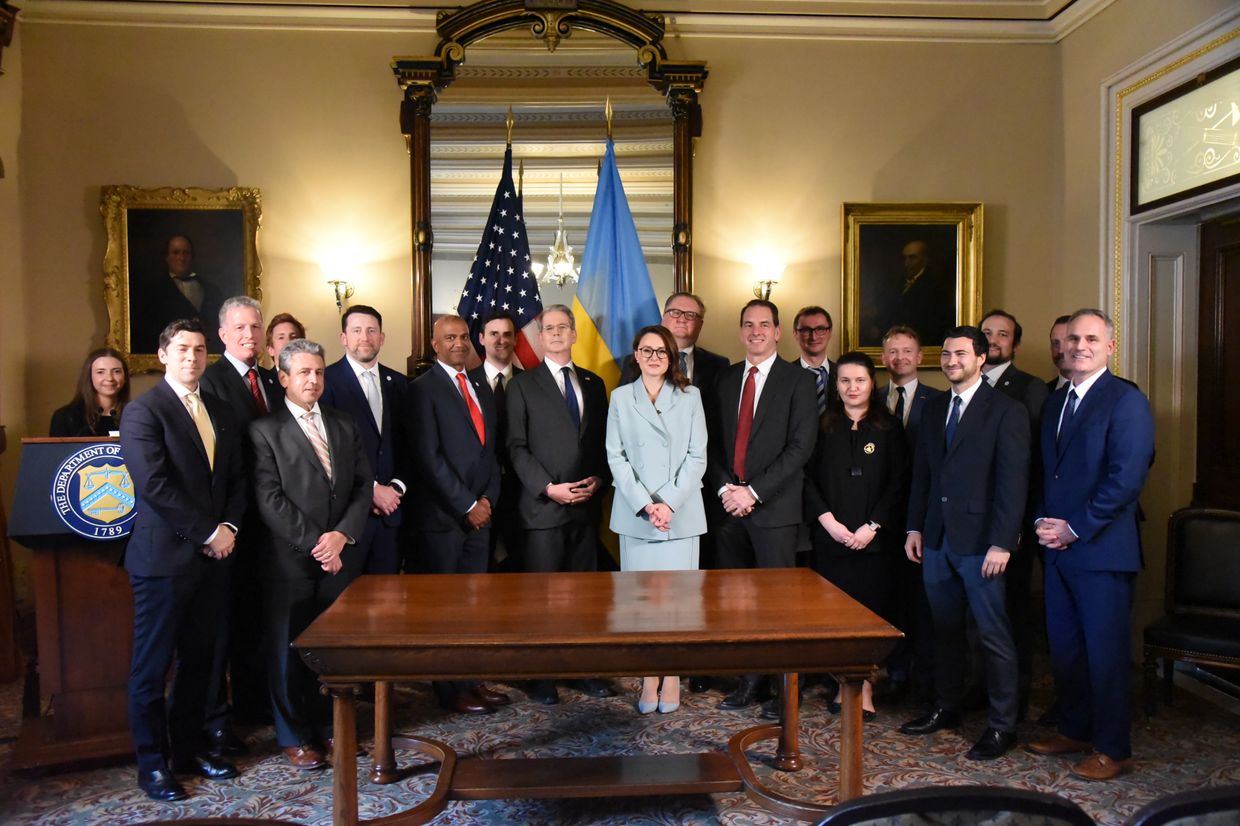
.png)
 German (DE)
German (DE)  English (US)
English (US)  Spanish (ES)
Spanish (ES)  French (FR)
French (FR)  Hindi (IN)
Hindi (IN)  Italian (IT)
Italian (IT)  Russian (RU)
Russian (RU)  4 hours ago
2
4 hours ago
2
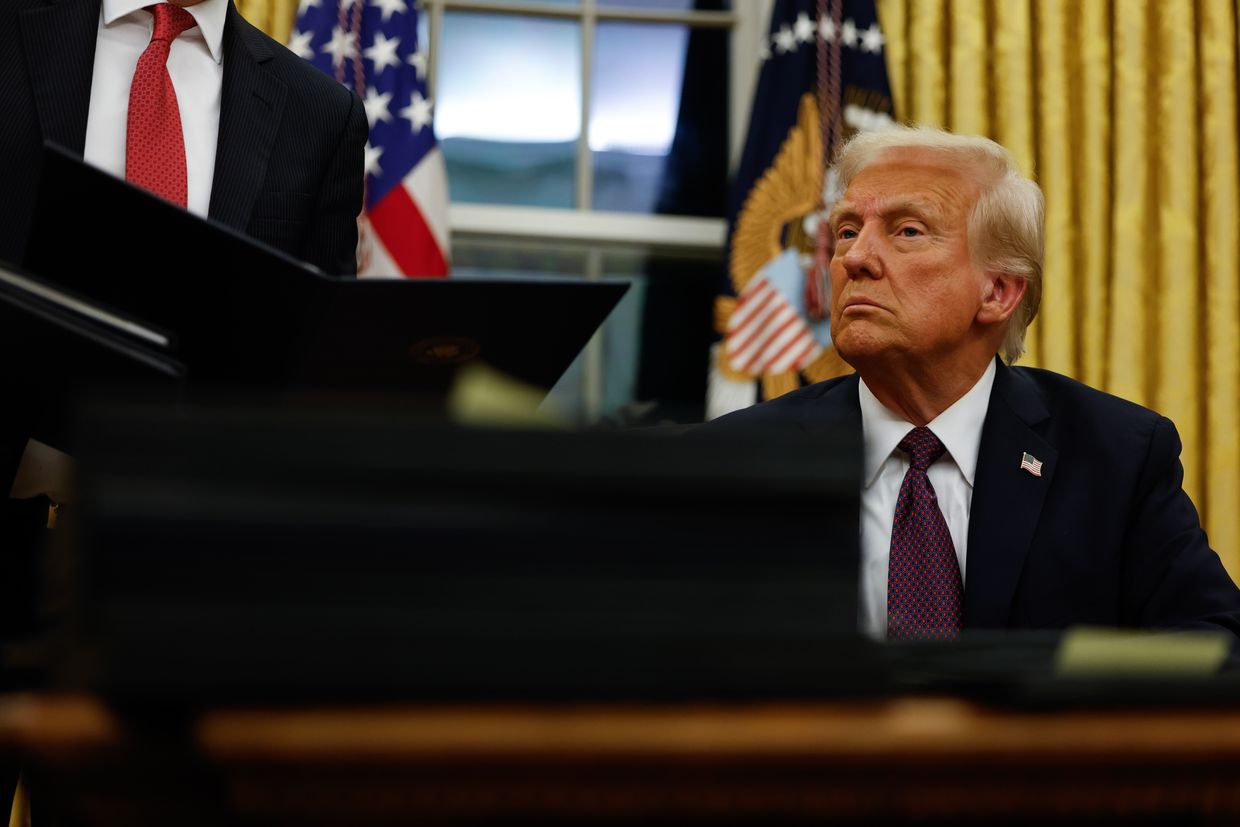
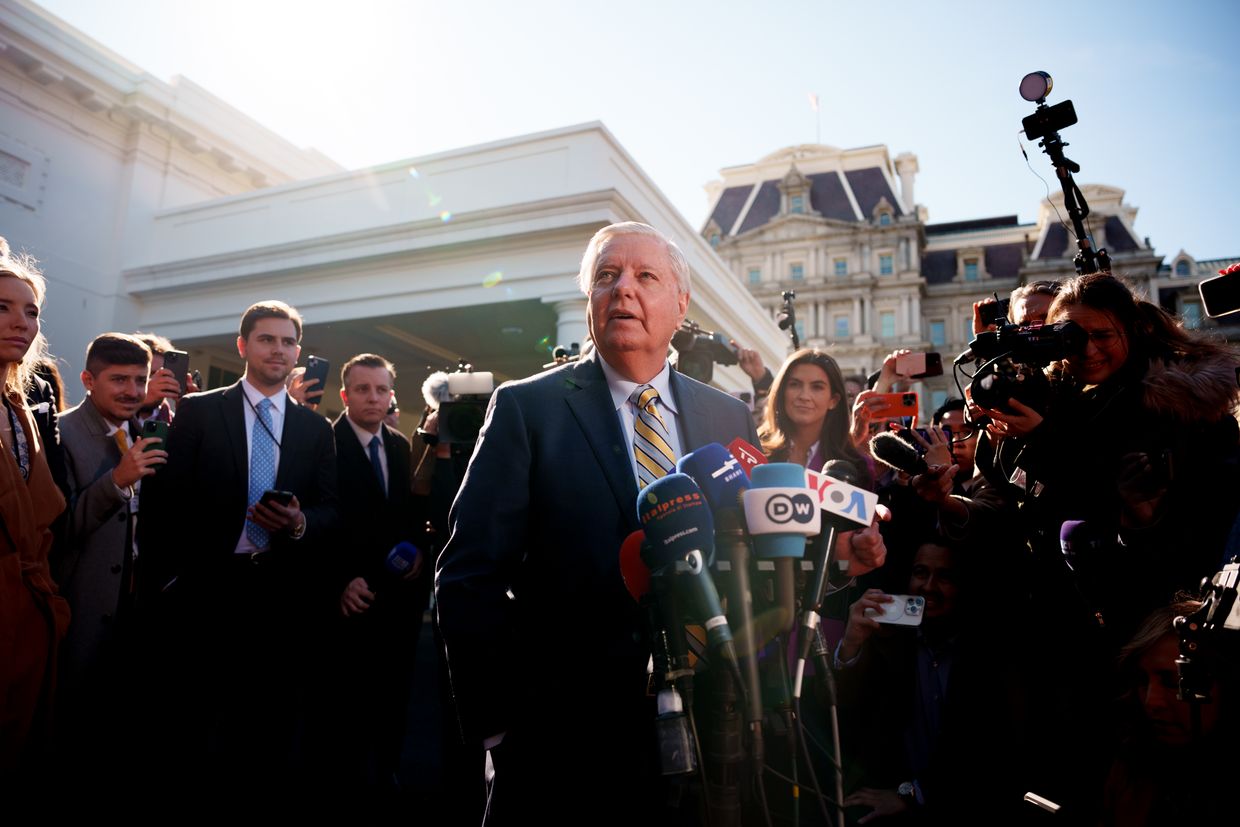
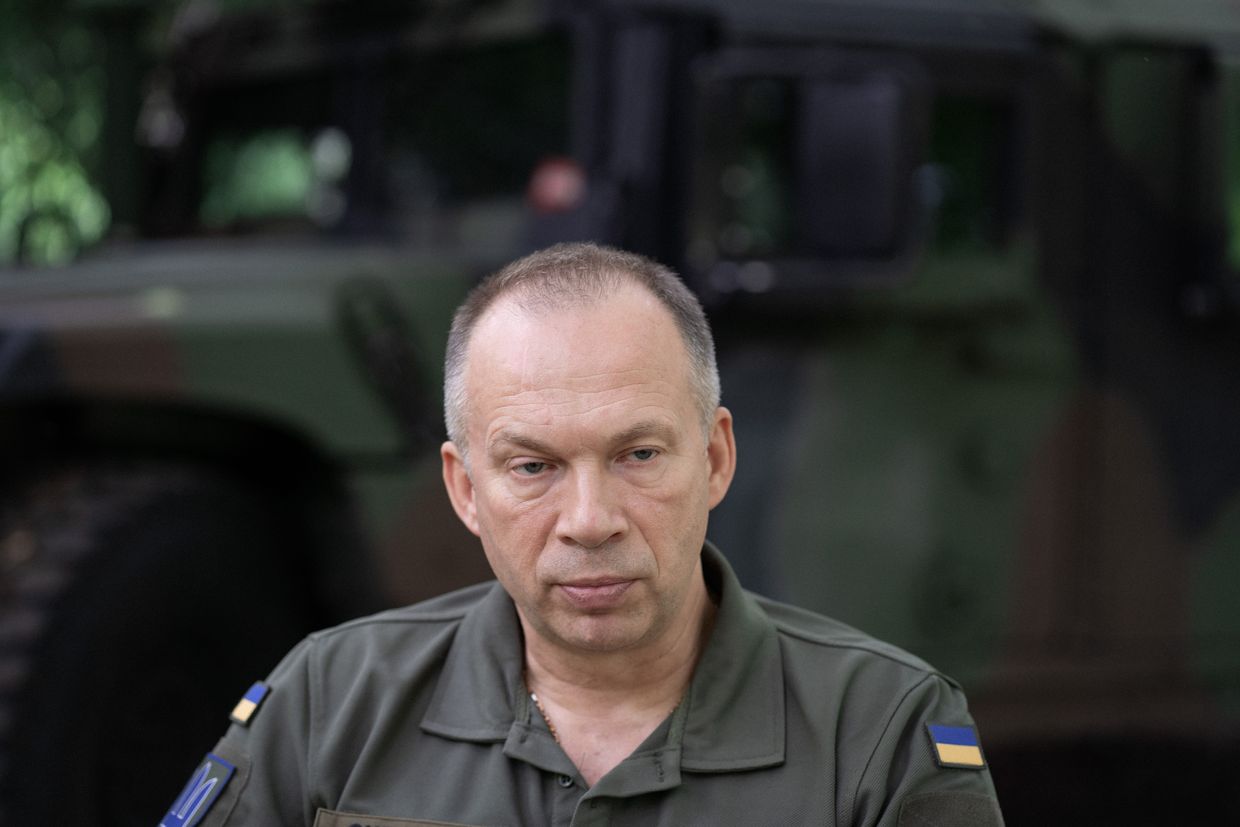
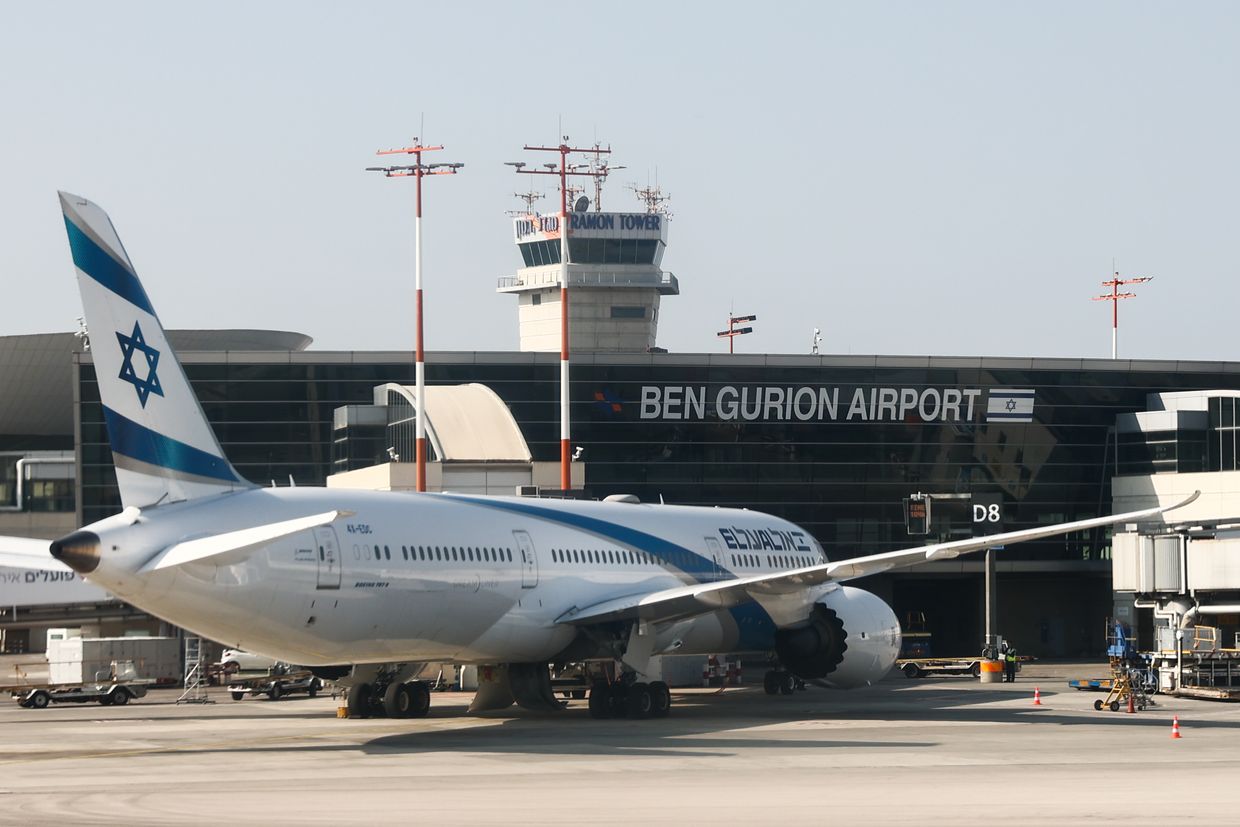




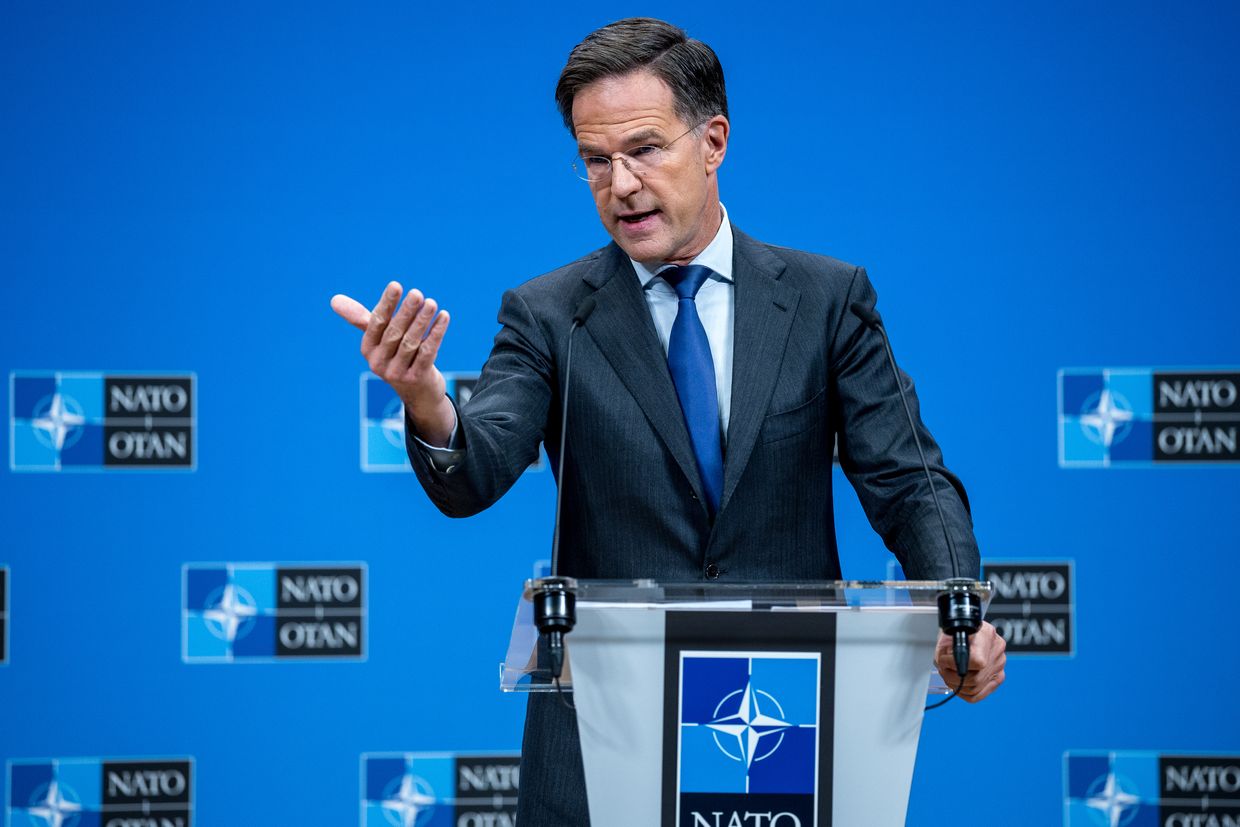
Comments